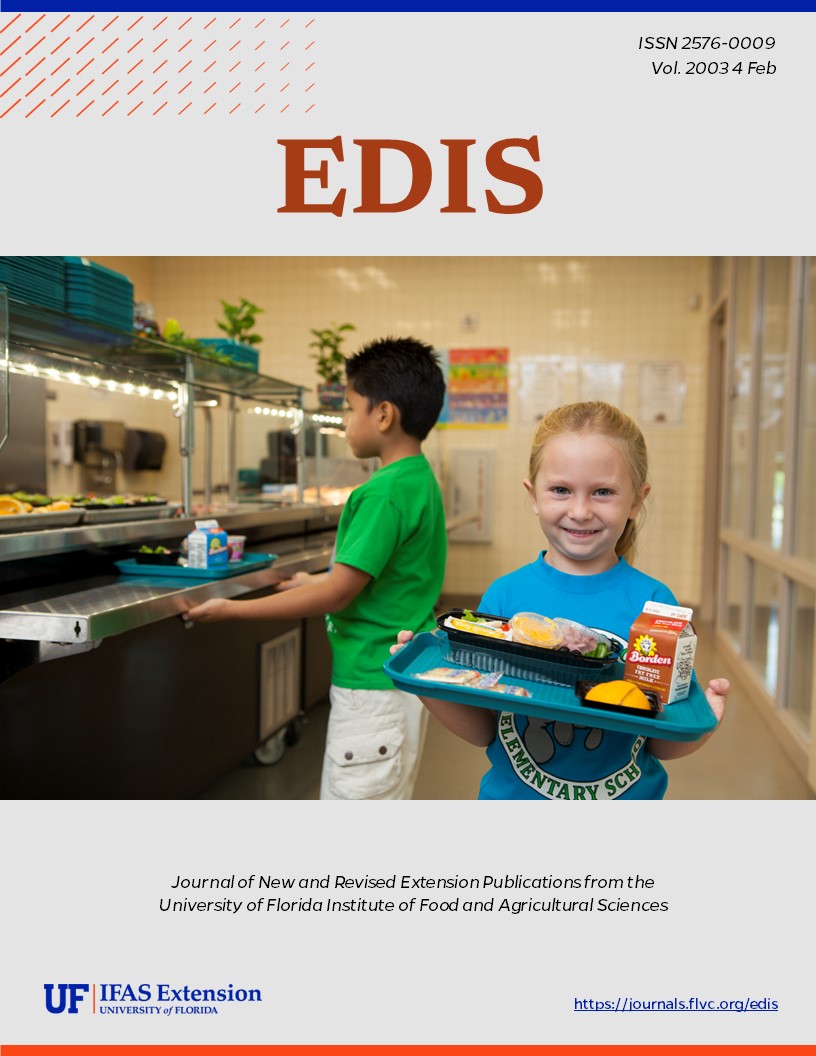Abstract
A child’s self-concept is her belief about how worthwhile she is. Self-concept is how the child sees herself. It is made up of a sense of belonging and being accepted, a sense of being good, and a sense of being capable of doing things well. This document is FCS2205, one of a series of the Department of Family, Youth and Community Sciences, Florida Cooperative Extension Service, IFAS, University of Florida. Published February 2003.
References
Brooks, J. 1999. The process of parenting, 5th ed. Mountain View, CA: Mayfield Publishing Co.
DeBord, K. 2001. Self-esteem in children. Retrieved April 30, 2002 from the National Network for Child Care Web site: http://www.nncc.org/Child.Dev/self.pdf
Dweck, C. 1999. Caution-praise can be dangerous. American Educator, 23(1), pp. 4-9.
Hamner, T., and Turner, P. 2001. Parenting in contemporary society, 4th ed. Boston, MA: Allyn and Bacon.
Myers-Walls, J., Hinkley, K., and Reid, W. 1989. Encouraging positive self-concepts in children. Publication HE-171 from Purdue University Cooperative Extension Service.
Nuttall, P. 1991. Self-esteem and children. Retrieved May 10, 2002 from the National Network for Child Care Web site: http://www.nncc.org/Guidance/self.esteem.html
This work is licensed under a Creative Commons Attribution-NonCommercial-NoDerivs 4.0 International (CC BY-NC-ND 4.0) license.

